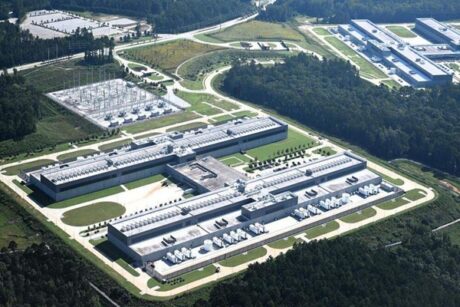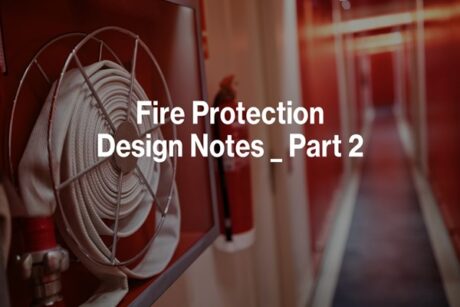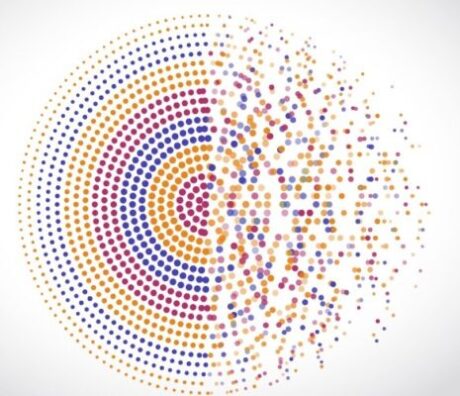- Course No E – 1730
- PDH Units: 1
No data found for Custom Course Number
No data found for Custom Course Units
- Course No E – 1730
- PDH Units: 1
Intended Audience: All Engineers.
PDH UNITS: 1
The concept of zero energy building likely includes significantly more considerations than the average reader might imagine. This course explores many of the facets of zero energy buildings of particular interest to contractors, engineers and architects, ranging from the definitions that may apply to presenting a unified analysis approach for energy in and energy out as well as design considerations, computer analysis, economic analysis, applicable codes, indoor air quality improvement and the effects on the utility industry. For the reader interested in further pursuit of the concept, a multitude of additional references are listed in the cited references. References:
- US Department of Energy, Energy Efficiency & Renewable Energy, A Common Definition for Zero Energy Buildings, Sept 2015. https://www.energy.gov/eere/buildings/downloads/common-definition-zero-energy-buildings
- https://zeroenergyproject.org/build/twelve-steps-affordable-zero-energy-home-construction-design/1-zero-energy-home-design-process/
- Steven Winter Associates, Inc, Net Zero Energy Buildings, http://www.wbdg.org/resources/net-zero-energy-buildings, Aug 2, 2016.
- http://www.energygauge.com/energygauge-usa/
Learning Objectives:
Upon completion of the course, the student should understand the advantages of zero energy buildings over conventional buildings, both to the owner and to society in general. Specifically, completion of the course should result in greater understanding of- Zero energy building terminology,
- How to estimate building energy usage,
- Use of source energy conversion factors for comparison of various energy sources,
- Options for achieving zero energy,
- The design process, including applicable computer programs,
- Economics of zero energy buildings,
- How zero energy design affects indoor air quality and
- How zero energy buildings affect utility planning and operations.
Course Reviews
4
- 5 stars0
- 4 stars1
- 3 stars0
- 2 stars0
- 1 stars0
Once completed, your order and certificate of completion will be available in your profile when you’re logged in to the site.











please check answer to question 1 . try 11,900,00 btu